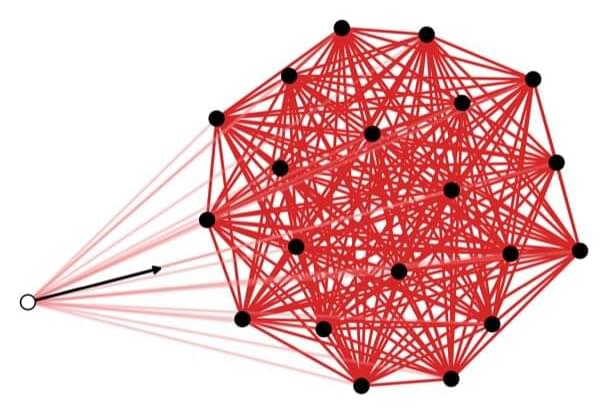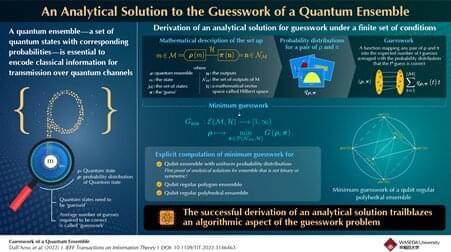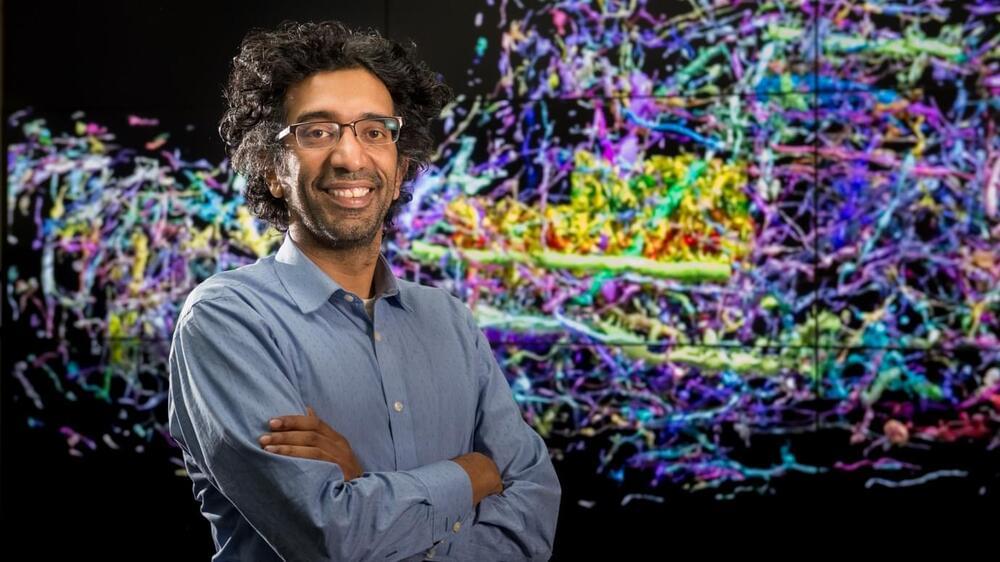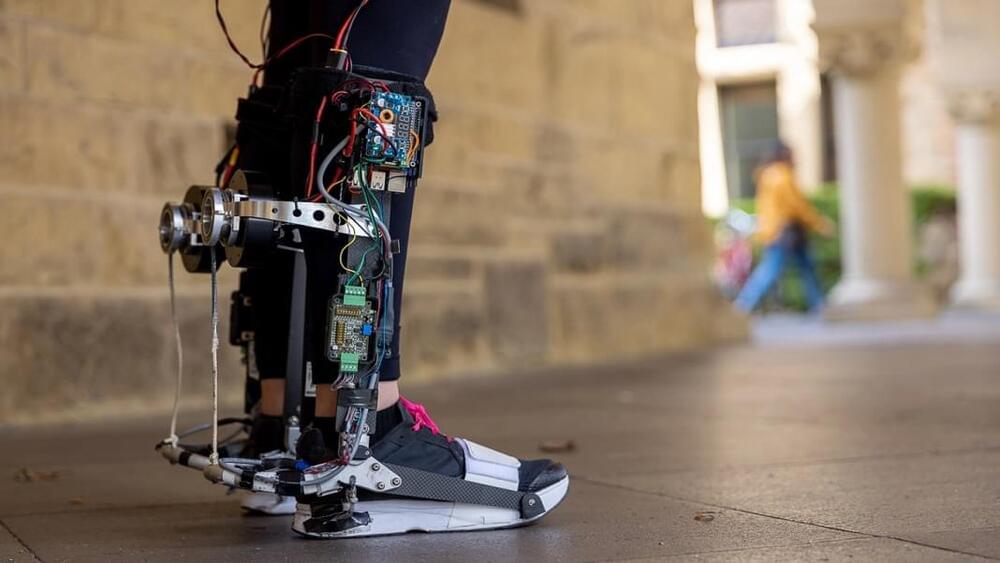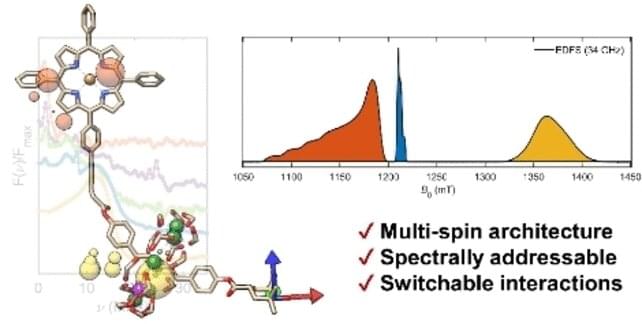Oct 20, 2022
Artificial intelligence helps predict performance of sugarcane in the field
Posted by Genevieve Klien in categories: biotech/medical, information science, robotics/AI
A Brazilian study published in Scientific Reports shows that artificial intelligence (AI) can be used to create efficient models for genomic selection of sugarcane and forage grass varieties and predict their performance in the field on the basis of their DNA.
In terms of accuracy compared with traditional breeding techniques, the proposed methodology improved predictive power by more than 50%. This is the first time a highly efficient genomic selection method based on machine learning has been proposed for polyploid plants (in which cells have more than two complete sets of chromosomes), including the grasses studied.
Machine learning is a branch of AI and computer science involving statistics and optimization, with countless applications. Its main goal is to create algorithms that automatically extract patterns from datasets. It can be used to predict the performance of a plant, including whether it will be resistant to or tolerant of biotic stresses such as pests and diseases caused by insects, nematodes, fungi or bacteria, and or abiotic stresses such as cold, drought, salinity or insufficient soil nutrients.

